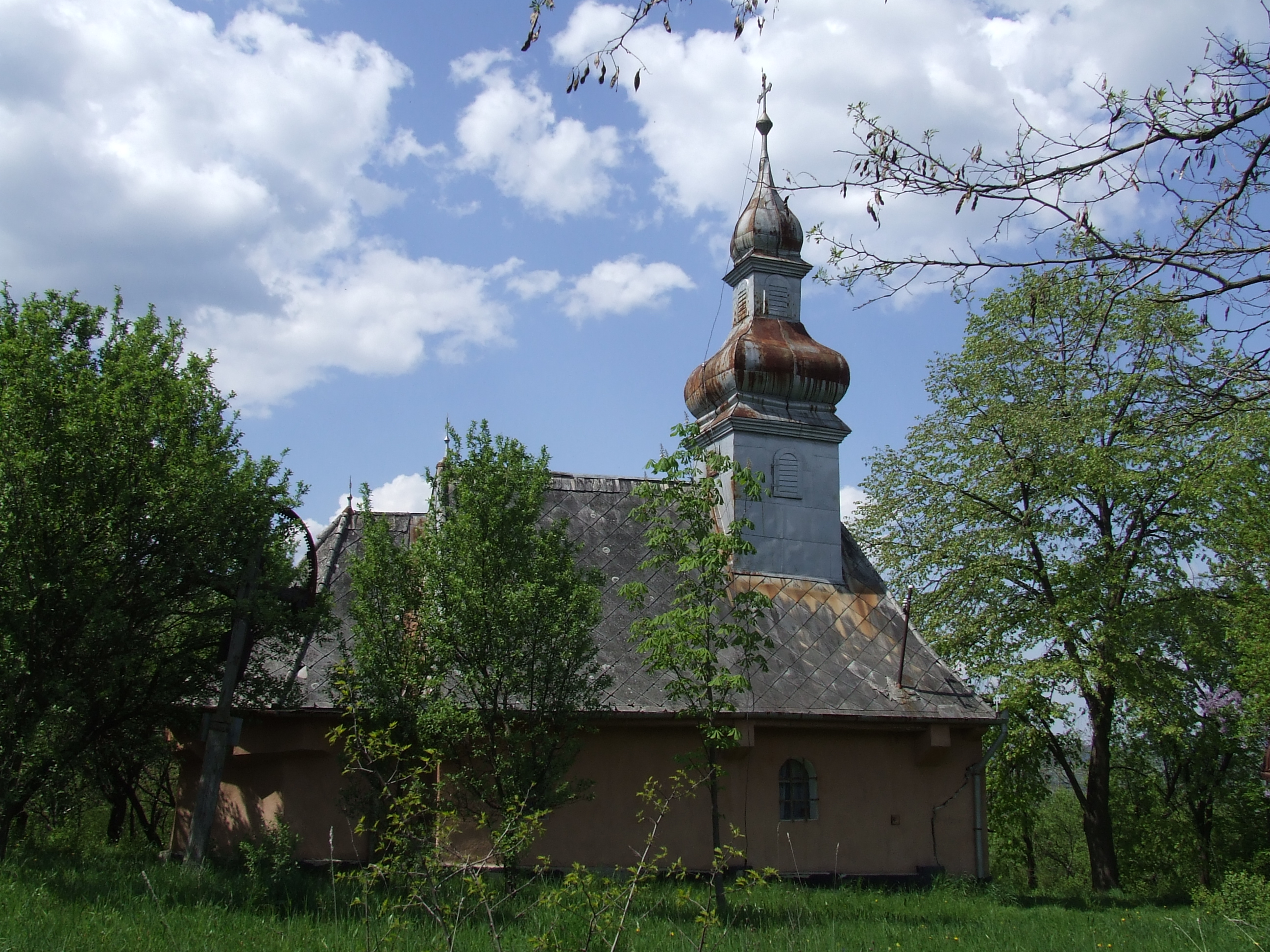|
Giurtelecu Şimleului
Giurtelecu or Giurtelec may refer to: * Giurtelecu Şimleului, a village in Măeriște commune * Giurtelecu Hododului Hodod (, Hungarian pronunciation: ; ) is a commune of 2,914 inhabitants (as of 2021) situated in Satu Mare County, Crișana, Romania. It is composed of four villages: Geography The commune lies in the extreme southeast of Satu Mare County. ..., a village in Hodod commune See also * Győrtelek, a village in Hungary {{disambiguation, geo ... [...More Info...] [...Related Items...] OR: [Wikipedia] [Google] [Baidu] |
Măeriște
Măeriște (; ) is a commune located in Sălaj County, Crișana, Romania. It is composed of six villages: Criștelec (''Kerestelek''), Doh (''Doh''), Giurtelecu Șimleului (''Somlyógyőrtelek''), Măeriște, Mălădia (''Maladé''), and Uileacu Șimleului (''Somlyóújlak''). Geography The commune, with an area of , is in the north-west part of the county, in the hydrographic basin of the river Crasna. It is located north of the town of Șimleu Silvaniei and north-west of the county seat, Zalău. Măeriște is from the projected Transylvania Motorway. Tourism Among the commune's tourist sites are the Reformed Church in Uileacu Șimleului (a former Benedictine monastery), an architectural monument dated from 1260 to 1300. The Doh church dates to 1869. The church in Mălădia was completed in 1908. Population According to the 2002 census, the commune had a population of 3,504, of which 87.78% were Romanians, 11.24% Hungarians, 0.79% Roma, 0.11% Slovaks, and 0.08% other nat ... [...More Info...] [...Related Items...] OR: [Wikipedia] [Google] [Baidu] |
Giurtelecu Hododului
Hodod (, Hungarian pronunciation: ; ) is a commune of 2,914 inhabitants (as of 2021) situated in Satu Mare County, Crișana, Romania. It is composed of four villages: Geography The commune lies in the extreme southeast of Satu Mare County. It borders the Bogdand commune to the west, Maramureș County to the north, and Sălaj County to the east and south. Hodod is located in the hills of Codru, west of Cehu Silvaniei and south of Satu Mare, the capital of Satu Mare County. History Until 1940 Hodod is mentioned since 1210, Nadișu Hododului since 1205, Lelei since 1330, and Giurtelecu Hododului since 1378. Hodod belonged to the Kingdom of Hungary and was part of the Principality of Transylvania. In 1399, a castle is mentioned when the village belonged to the family Kusalyi Jakcs. Hodod gained city status in 1482. Hodod was given by King Rudolf II of Habsburg to the Wesselényi family, to whom it belonged until the 20th century. The castle was destroyed in the early 18 ... [...More Info...] [...Related Items...] OR: [Wikipedia] [Google] [Baidu] |
